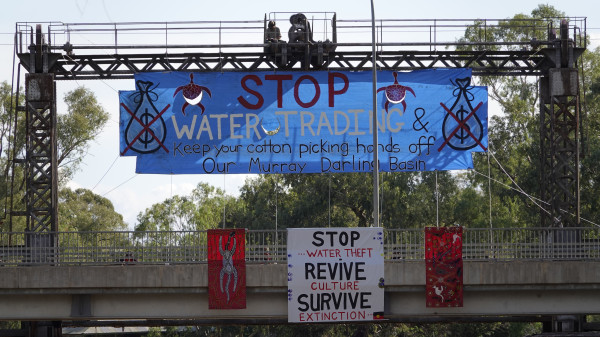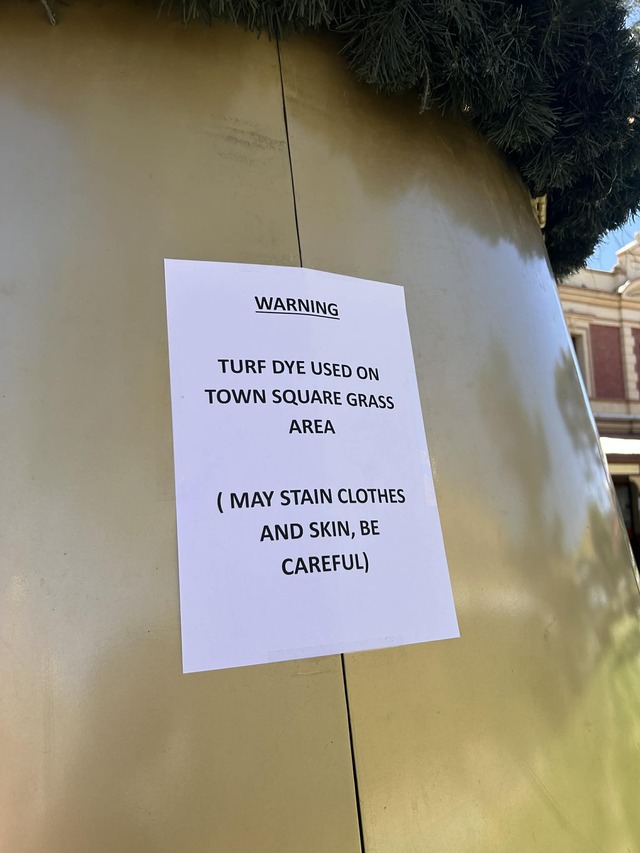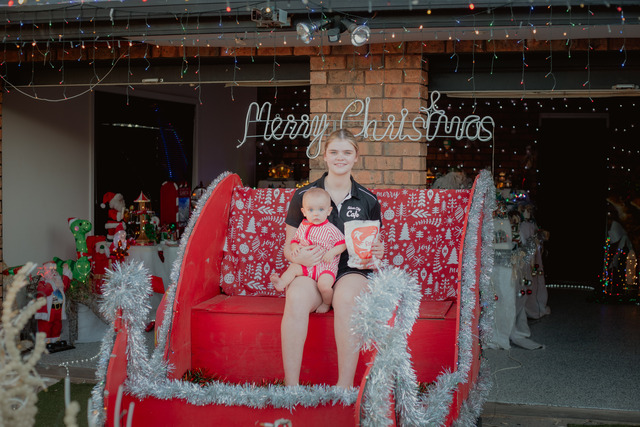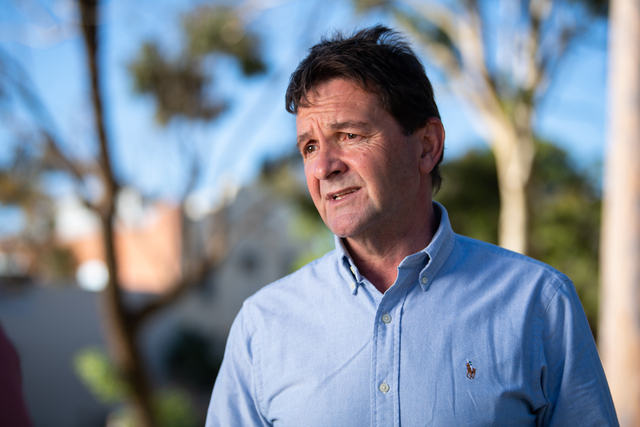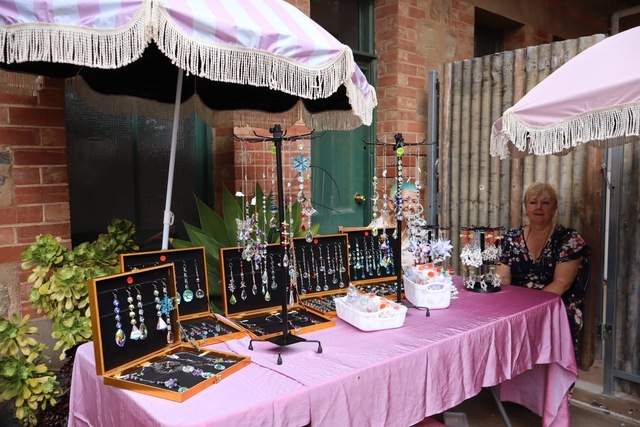CITIZENS organisation Clean Water for Rivers will be travelling along the Darling River this month, filming and recording interviews for their documentary and listening to community concerns and ideas regarding the health of the river.
The group will hold a public river talk in Wilcannia on Thursday, May 15 between 2pm and 4pm at the Community Hall, to discuss river management.
Member, Mark Merritt said the talk is to hear the concerns and suggestions of the local community.
“I’m not there to tell anybody anything, except that we’re there to help,” he said.
Mr Merritt is also aiming to bring out speakers to share insight into methods for restoring the river’s health.
“Hopefully we’ll be bringing some training organisations and scientists to talk about the realities of actually restoring parts of the Baaka through Indigenous cultural methods,” he said.
“It means putting rocks back in the river and creating turbulence, and engaging with landholders to revegetate run-off areas where there might be soil running into the river or erosion problems.”
Mr Merritt said creating movement in the river works as a natural purification system and can help stop the river from becoming toxic.
“If you’ve ever been a scout, they’ll tell you that if you’re lost in the bush, you can drink from a babbling stream but don’t ever drink from still water as its very likely to be unhealthy,” he said.
“Water that’s moving can filter the pollutants out of the water and purify the water.”
Mr Merritt said that when Europeans settled here, they often collected the snags from the river to build barges and boats, and removed any obstructions from the river.
“Which created basically a still flowing river,” he said.
“That why when it gets enriched with organic materials and pollutants, the river is unable to digest it properly and it turns toxic.”
Mr Merritt described Clean Water For Rivers as “basically a loosely formed discussion group,” and said the group hopes to talk with community in Wilcannia about the new weir proposal and Indigenous water rights specifically.
“There will be people there who can speak very strongly on those subjects,” he said.
“The outcome will be part of the documentary that will come out of it, which will be about educating people that don’t have the vocabulary to talk about river flows.
“The whole meeting is not going to be about blaming or finger pointing, it’s going to be 100 per cent positive and what we can do to make things better – that needs to be the focus.”

